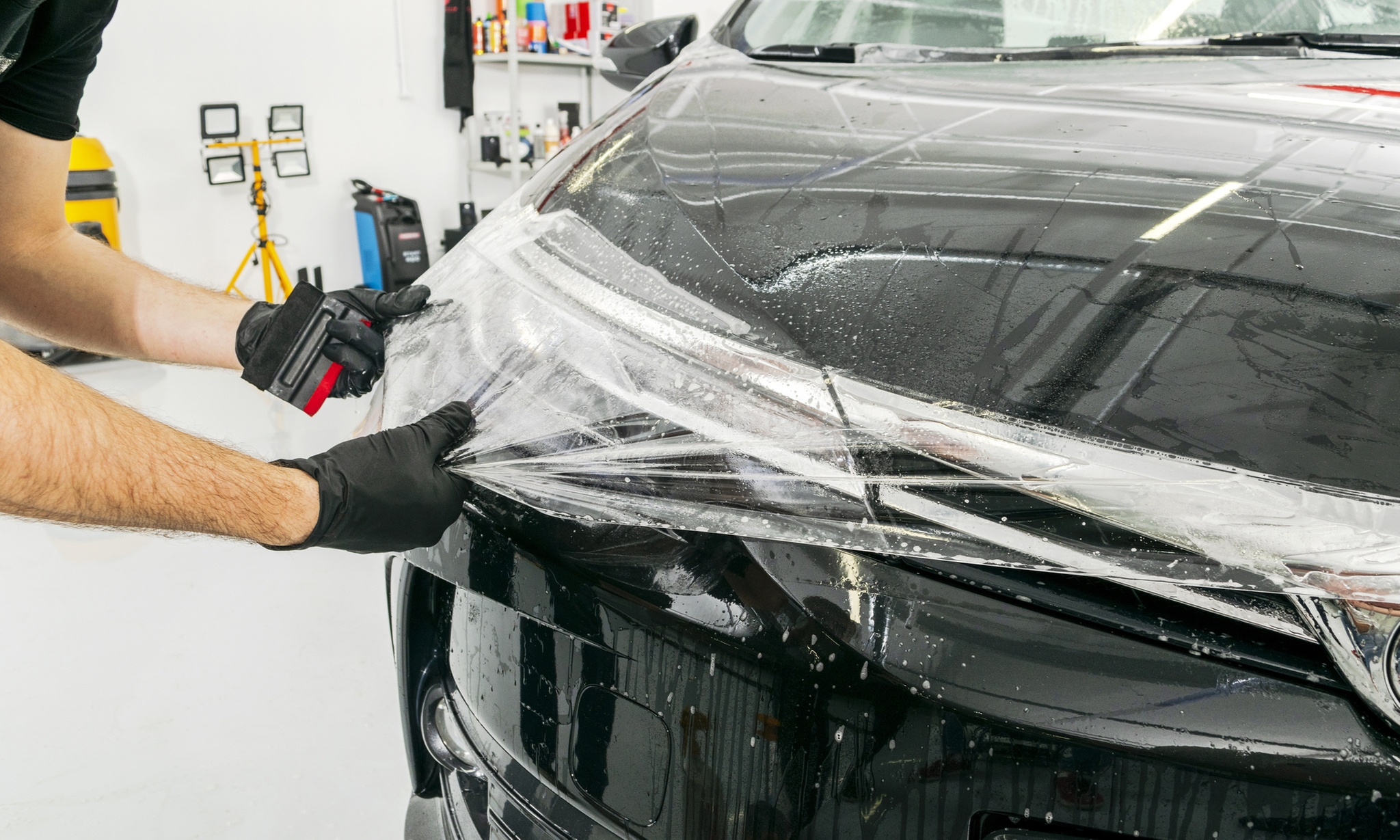Dependable Rochester Car Care to Keep Your Vehicle in Prime Condition
Dependable Rochester Car Care to Keep Your Vehicle in Prime Condition
Blog Article
Open the Keys to Exceptional Automobile Look After Optimum Efficiency
Comprehending the subtleties of remarkable car treatment is important for accomplishing ideal efficiency and guaranteeing your automobile's durability. Regular maintenance practices, from fluid checks to tire management, play a critical role in avoiding unexpected failings and improving your driving experience. Nevertheless, lots of lorry owners overlook important facets that can significantly influence performance and security. By exploring the ins and outs of brake maintenance and seasonal prep work, one can discover methods that not just improve capability however likewise prolong the life of the lorry. What details aspects should be prioritized to attain these benefits?
Value of Routine Upkeep
Normal maintenance is crucial for making certain the longevity and optimum performance of any kind of automobile. Sticking to a consistent upkeep schedule not just improves the driving experience yet additionally decreases the risk of unanticipated break downs. Regular evaluations and prompt maintenance can recognize potential concerns before they intensify into more significant troubles, eventually conserving vehicle drivers both money and time.
Moreover, routine upkeep plays an essential function in maintaining the lorry's resale value. A well-maintained automobile is extra appealing to potential buyers and can regulate a higher price in the marketplace. This is specifically important in an affordable automobile landscape where buyers often prioritize integrity and service background.
In addition, normal upkeep adds to enhanced fuel performance and safety. Parts such as brakes, tires, and shock absorber call for periodic checks to ensure they run properly. Rochester Car Care. Overlooking these elements can result in decreased performance and boosted fuel consumption, in addition to heightened dangers when driving
Crucial Liquids and Their Features
Four necessary fluids play an essential duty in the optimum functioning of a car: engine oil, coolant, transmission liquid, and brake liquid. Each of these liquids offers a certain function, adding to the general efficiency and security of your vehicle.
Engine oil lubricates the moving parts within the engine, reducing friction and wear. It likewise helps to dissipate warmth, ensuring that the engine runs at an optimal temperature level. Normal oil changes are important to keeping engine longevity.
Coolant, or antifreeze, controls the engine's temperature level by taking in warmth and avoiding getting too hot. It distributes with the engine and radiator, preserving an effective thermal balance. Rochester Car Care. Maintaining the coolant at the best levels is essential for avoiding engine damage
Transmission fluid lubricates the equipments and parts of the transmission, promoting smooth equipment changes and boosting total performance. It also helps to cool the transmission, guaranteeing it works appropriately under different driving problems.
Brake liquid is vital for the operation of the braking system. It transfers the force from the brake pedal to the brake elements, making it possible for efficient stopping power. Routine checks and replacements of brake liquid are required for safe driving.

Tire Treatment and Replacement Tips
Appropriate tire treatment is crucial for guaranteeing vehicle safety and security and efficiency when traveling. Regularly checking tire pressure is just one of one of the most essential aspects of tire maintenance. Under-inflated tires can result in boosted damage, reduced fuel effectiveness, and compromised handling. Alternatively, over-inflation can trigger unequal step wear and enhance the danger of blowouts. It is a good idea to inspect tire stress at the very least when a month and before long trips, making use of a dependable pressure gauge.
Additionally, consistently examine tire walk deepness. A minimum walk depth of 2/32 of an inch is advised for risk-free driving; however, much deeper footsteps offer far better grip in damp conditions. Utilize the "cent examination" by putting a penny right into the tread-- if you can see Lincoln's entire head, it's time to replace the tires.
Turning of tires need to be executed every 5,000 to 7,500 miles to promote also use. Keep an eye out for visible indications of wear, such as bulges or splits, as these can show that substitute is required. By adhering this page to these standards, you can improve your vehicle's performance and extend the lifespan of your tires.
Brake System Upkeep
The brake system is a critical part of vehicle safety and security, straight influencing quiting power and general driving performance. Normal maintenance of this system is important to guarantee optimal functionality and longevity.

Pay attention for uncommon noises, such as squealing or grinding, which may indicate that the brake pads are put on or that there are concerns with various other components. If you experience a soft or spongy brake pedal, this might indicate a need to inspect for air in the brake lines or possible leaks in the system.
Lastly, ensure that brake lights work correctly, as they are crucial for risk-free driving. By sticking to these upkeep practices, you can improve your vehicle's braking performance and make sure a safer driving experience.
Seasonal Lorry Preparations
As periods alter, vehicle readiness becomes crucial for preserving safety and efficiency when driving. Each period offers special challenges that can affect your automobile's performance and reliability. Seasonal lorry prep work are essential for optimum procedure.
In springtime, concentrate on inspecting the battery, as temperature level variations can impact its efficiency. Guarantee that windshield wipers are operating properly to handle spring showers and check tire pressure, which can alter with warmer temperatures.
Summer season demands focus to cooling down systems. Evaluate coolant degrees and hoses to avoid overheating throughout high temperatures. Furthermore, make certain that a/c systems are running effectively for convenience during journeys.
As autumn techniques, plan for rain official statement and falling fallen leaves. Clean the air filter and inspect brakes to guarantee safety on slick roadways.
Winter months calls for the most considerable prep work. Switch over to wintertime tires for much better traction and check antifreeze degrees, ensuring they meet the required specifications. Additionally, examine the battery, as chilly climate can drain pipes power swiftly.
Conclusion
In final thought, phenomenal cars and truck treatment is important to guaranteeing ideal efficiency and long life of vehicles. Normal maintenance, consisting of fluid checks, tire treatment, and brake system upkeep, significantly minimizes the likelihood of unforeseen breakdowns. Seasonal preparations additionally boost security and reliability. By sticking to these techniques, drivers can enhance click to read gas efficiency, maintain resale value, and develop a much safer driving setting. Prioritizing comprehensive automobile care is vital for accomplishing sustained automotive quality.
By exploring the complexities of brake upkeep and seasonal prep work, one can uncover techniques that not just boost capability but likewise extend the life of the lorry. Parts such as brakes, tires, and suspension systems require regular checks to ensure they run efficiently - Rochester Car Care.Brake liquid is essential for the operation of the braking system. It sends the force from the brake pedal to the brake components, enabling effective stopping power. Brake fluid soaks up wetness over time, which can lead to deterioration and lessened efficiency; thus, it ought to be replaced every two years or as recommended by the supplier
Report this page